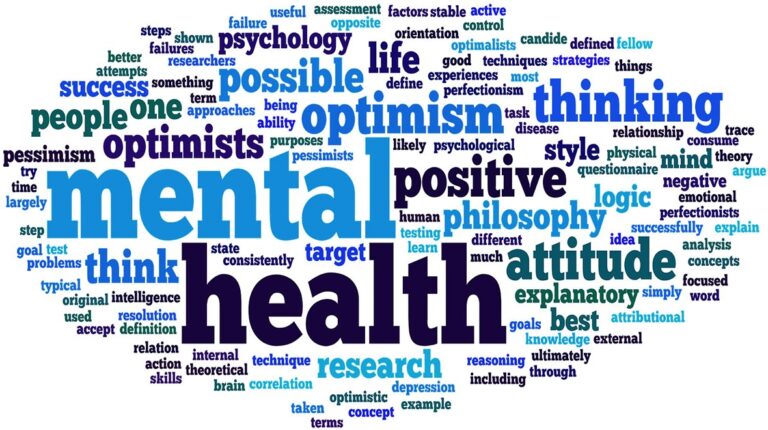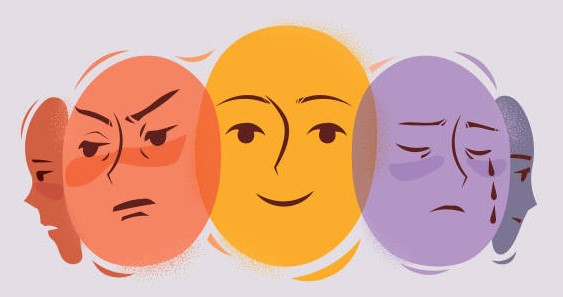Mental Health Disorder:-
Mental Health disorders are diagnosable circumstances described by changes in thinking, state of mind, or conduct (or a mix of these) that can make an individual vibe worried and disable their capacity to work. These issues are normal in youthfulness. This Juvenile Wellbeing Feature presents the admonition indications of mental problems; portrays the sorts of mental issues and their commonness and patterns; talks about the results and chance of mental health problems; presents treatment choices and boundaries to getting to psychological well-being care; and gives emotional wellness assets.
The definition and intricacies of a mental health disorder:-
Medical science progressively perceives the crucial connection between an individual’s actual well-being and their psychological/close-to-home well-being. Psyche and body are associated as one, each impacted by the other, and both are impacted by an individual’s hereditary legacy, climate, and experience. Similarly as not satisfactorily characterize actual well-being, emotional well-being comprises more than the shortfall of mental problems. Emotional well-being is best viewed as falling along a continuum, which varies over the long run, and across people, as well as inside a solitary person. As characterized in this Feature, mental health issues are diagnosable circumstances portrayed by changes in thinking, state of mind, or conduct (or a mix of these) that are related to trouble or disabled working. Likewise, with side effects of actual disease, side effects of mental problems happen on a range from gentle to extreme. Individuals with mental issues, be that as it may, frequently need to bear the extraordinary weight of the cultural disgrace related to their condition.
This weight some of the time keeps individuals from recognizing their disease and from looking for help and powerful treatment for it. Similarly likewise with actual well-being, the inability to address side effects from the get-go can have serious unfortunate results. What are the warning indications of mental Health Disorder? It is critical to make an unmistakable qualification between the ordinary promising and less promising times of temperament and viewpoint and diagnosable mental problems.
Everybody, particularly numerous youths, encounters state of mind swings — from feeling blue to communicating jubilant energy, to being restless or bad-tempered. Teenagers are organically inclined to have a greater amount of these emotional episodes due to the hormonal changes related to this period throughout everyday life, combined with the way that their minds are still developing. Numerous young people can stress that they’re “losing it,” when, truly, these emotional episodes might be ordinary events.
Anyway, when mental health aftereffects bring major significant hardship, or intrude impressively with everyday presence and social associations all through some vague period, capable evaluation is legitimate, just everything considered with any troublesome infirmity. Not all mental issues among teens have undeniable, strong secondary effects, yet guardians, teachers, and others know about some early notification signs that an adolescent may be in a tough spot. These signs consolidate enduring crabbiness, shock, or social withdrawal, as well as tremendous changes in wanting or rest How might mental health Disorders be treated? As in different fields of well-being, early mediation or counteraction can be a powerful method for tending to possible mental problems before they arrive at the stage requiring treatment.

Although not all psychological issues are joined by early advance notice signs, individuals who connect with and care about teenagers ought to be aware of stamped changes in mindset or conduct that might propose issues. Simultaneously, concerned grown-ups can assist young people with keeping up with positive psychological wellness by giving mindful, steady connections, empowering solid ways of behaving, and showing viable systems for adapting to pressure.
Most mental illnesses are treatable, even though what works for specific people might differ. Frequently a blend of psychosocial treatment (individual or gathering guidance with a psychotherapist) and drug is successful. For some kinds of issues (e.g., discouragement and OCD), mental social treatments and meds have been demonstrated to be successful much of the time. Mental health social treatments try to assist individuals with changing negative or unreasonable considerations and to supplant useless ways of behaving with additional levelheaded ones. For different kinds of problems (like ADHD), conducting parent preparation and study hall the executive’s procedures might be viable. At the point when mental drugs are recommended, they are regularly regulated in the mix with other treatment draws near, like individual psychotherapy, bunch treatment, or family treatment. As a general rule, that’s what specialists concur medicine not be the main treatment followed, and any treatment plan through be managed by a clinician with explicit preparation for juvenile psychological well-being.
A few families might pick unusual treatments (once in a while alluded to as reciprocal or elective medication) to treat physical and mental problems. Instances of these incorporate eating regimen changes, for example, disposing of sugar, or food varieties with colors and added substances; homegrown or nutrient enhancements; and music or dance treatment. Albeit these practices have become more far-reaching lately, especially for chemical imbalance range issues, they have not satisfied similar thorough guidelines of proof as additional conventional medicines, and buyers ought to have one or two misgivings of emotional or ineffectively validated claims for adequacy. Conversing with a prepared clinician is key in deciding the legitimate treatment for any Mental Health Disorder.
Mental Health Disorder List:-
1. Mood disorders
2. Anxiety Disorder
3. Neuro-developmental disorders
4. Bipolar Disorder
5. Post-Traumatic Stress Disorder (PTSD)
6. Eating Disorders.
What are the 10 types of mental health illness? :-
1. Bipolar Disorder Individuals with bipolar disorder undergo significant changes in their perspectives, energy levels, and ability to think. This condition is marked by extreme highs and lows, commonly referred to as mania and depression. People can experience long periods of stability between episodes without experiencing any side effects. However, without proper treatment, bipolar disorder can worsen. Fortunately, many patients with bipolar disorder can lead healthy and normal lives through a well-rounded treatment plan that includes psychotherapy, medication, a healthy lifestyle, and early identification of potential side effects.








